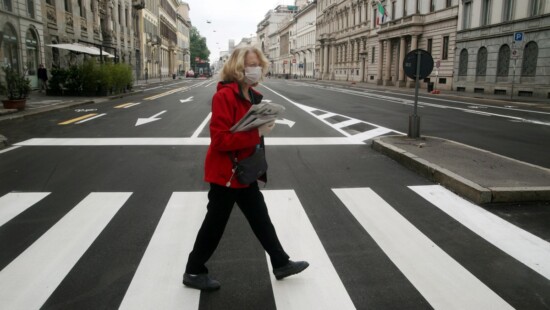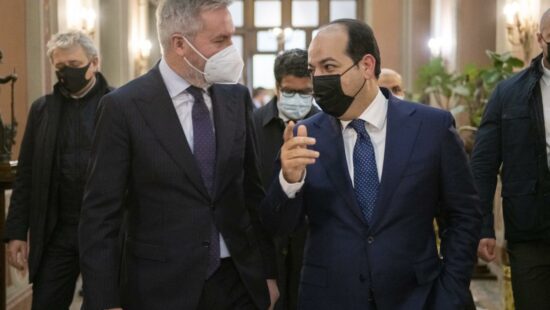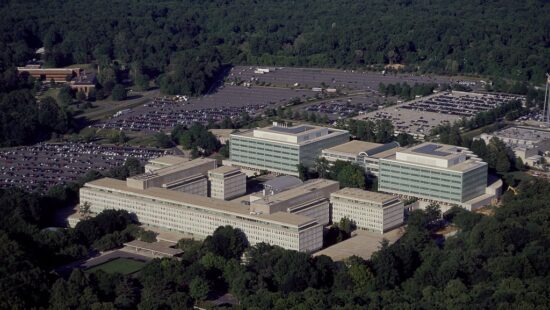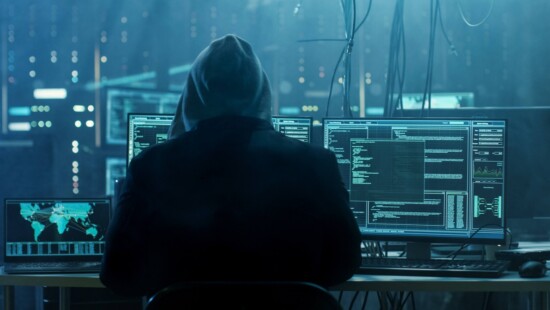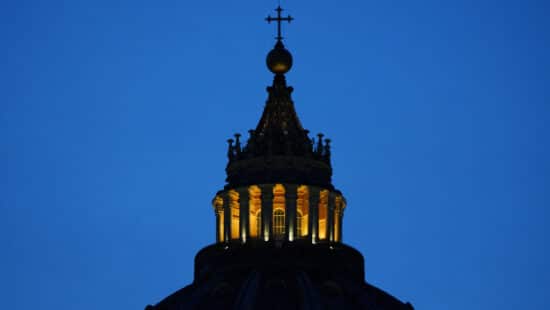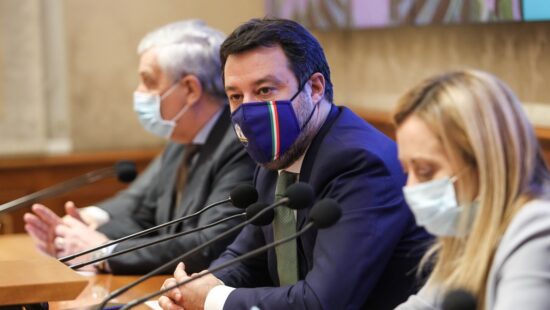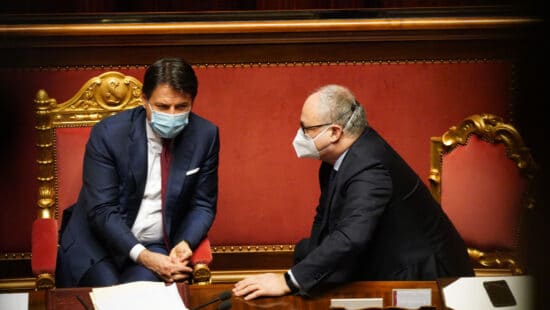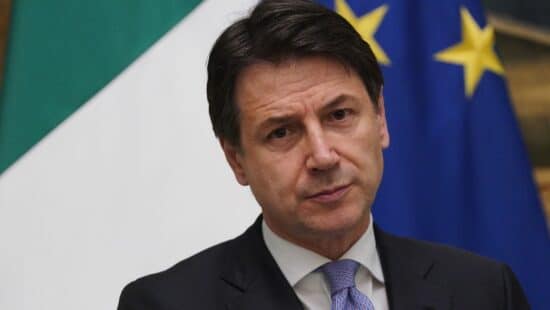Hezbollah nega che le 14 tonnellate di droga Captagon ritrovate e bruciate nel nostro Paese provengano dall’organizzazione. “Abbiamo parlato con i funzionari italiani”, dice il leader Nasrallah. Che si spinge a sostenere che le indagini italiane virerebbero su Isis e mafia
Archivi
Vi racconto i furbetti della pandemia (e altre cose di cui non si parla)
L’ultimo saggio di Ferruccio De Bortoli racconta dei tanti che durante la pandemia hanno soccorso gli altri. Ma non solo. Illustra, sulla base di documenti e di inchieste giornalistiche, chi ha tratto invece profitto dalla tragedia di numerosissime famiglie
Bicentenario morte Napoleone serve Comitato Nazionale. Ne ho parlato con l'Ansa
La scelta di non dar vita ad un Comitato di Studi Nazionale per i 200 anni dalla morte di Napoleone Bonaparte da parte della Consulta del ministero per i Beni Culturali e per il Turismo è un vero peccato. Ne ho parlato oggi con l'Ansa. Bicentenario morte Napoleone, Race 'serve Comitato Nazionale' Il giornalista, "mi auguro che Franceschini ci ripensi"…
Maiteeg a Roma. L'Italia ancora al centro del dialogo libico
Incontri romani per la leadership libica, che sceglie la capitale italiana per un dialogo diretto con l’Onu. Da oggi in Italia Ahmed Maiteeg, il vicepremier del governo italiano Gna, che domani vedrà anche Lamorgese, Guerini e Di Maio
Ecco William Burns, il nuovo direttore della Cia visto da vicino (dall’Italia)
Un professionista della politica estera, bipartisan, interessato all’Europa: ecco chi è William Burns, il prossimo capo della Cia. A Formiche.net le opinioni dell’ex ministro Frattini e degli ambasciatori Castellaneta, Terzi e Valensise
SolarWinds, dietro l'hackeraggio gli 007 di Putin? I dubbi di Kaspersky
La società di cybersecurity russa Kaspersky dà sostanza alle accuse del governo americano. Dietro l’hackeraggio record di SolarWinds a dicembre ci potrebbe essere l’FSB, il servizio segreto di Mosca. Ecco perché
Italian QAnon hoaxes: Pope is arrested, Italian President is an MI6 agent
Pope Francis was arrested, the Italian President Mattarella is a covert British spy, and Italian officials managed to influence the US elections, tricking President Trump out of office. Also, none of this is true. Here are the twist and turns of the Italian QAnon saga
Perché a Salvini e Meloni non dispiace un Conte ter. Parla Orsina
Recovery plan, niente panico ma fare in fretta. Parla Galli
L’economista dell’Osservatorio sui conti pubblici della Cattolica: niente panico ma il tempo stringe e il piano va approvato il prima possibile. Mi preoccupa l’assenza di governance ma più di tutto la mancanza di progetti reali. Impossibile immaginare una ripresa dell’economia senza prima abbattere il virus. L’assalto al Congresso? Una lezione per l’Europa: da oggi in poi dovrà farcela con le sue gambe
Era una crisi buia e tempestosa... Pasquino legge Renzi (e Mattarella)
Qualcuno dovrebbe andare a vedere le carte renziane. Ma non stiamo giocando a poker e chiamare il bluff è pericolosissimo, tanto per i partiti di governo quanto per il sistema politico di oggi e di domani. Meglio ascoltare il richiamo di Mattarrella. Il commento di Gianfranco Pasquino





